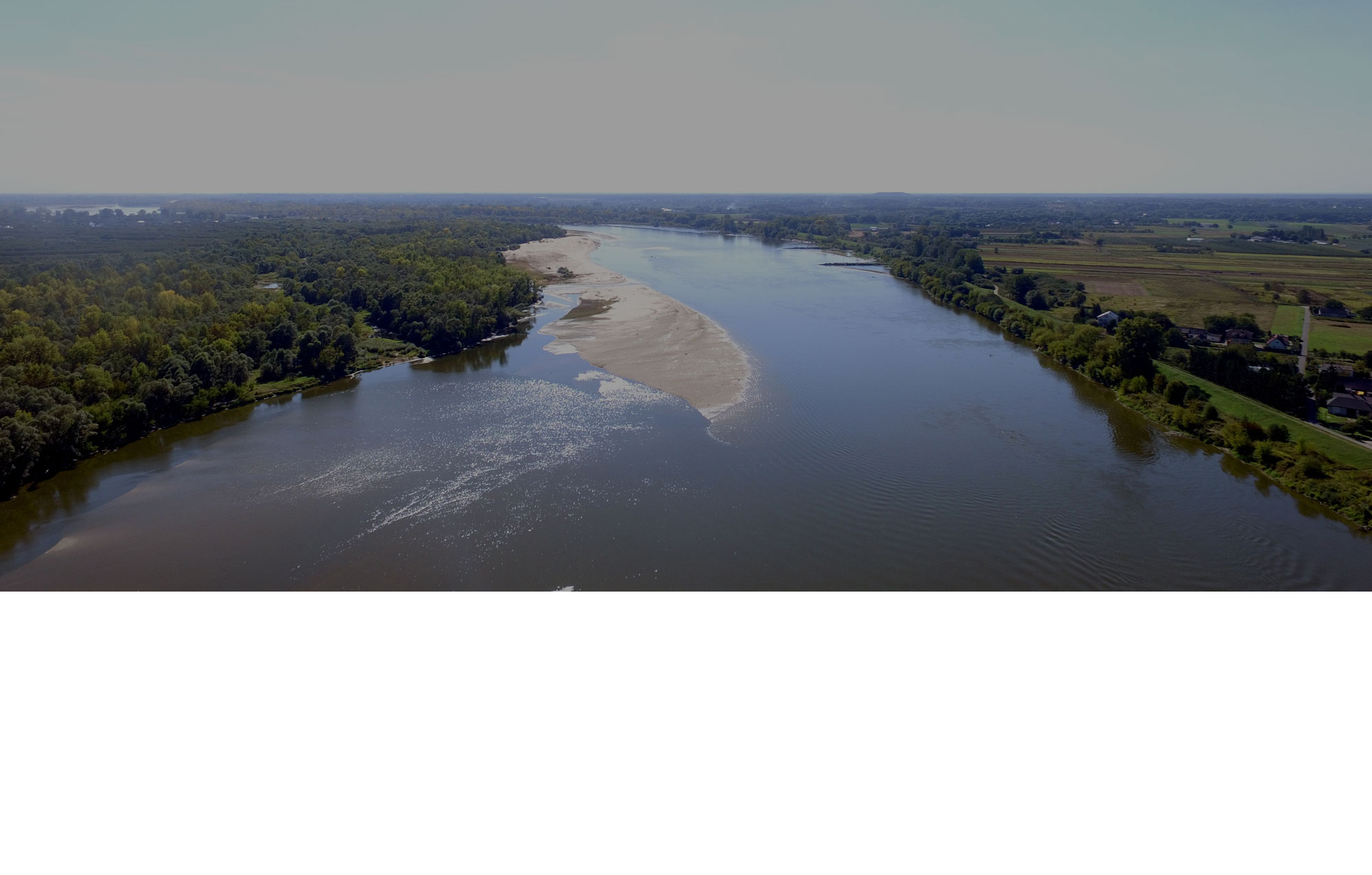This project aims to help protect European biodiversity in rivers by decreasing fragmentation, promoting habitat connectivity, and evaluating the merits of different restoration actions through developed tools.
The World Fish Migration Foundation is part of a 6.2 million Euro multi-disciplinary EU Horizon 2020 research project called AMBER, that will deliver the first comprehensive Atlas of river barriers across Europe and will apply adaptive barrier management to reconnect Europe’s rivers. In collaboration with 20 partners from 11 countries, AMBER (Adaptive Management of Barriers in European Rivers), will combine citizen science and cutting-edge advances in environmental DNA, use of drones, and valuation of ecosystem services, to map the distribution of barriers and assess their effects on freshwater habitat and organisms. The consortium members consist of hydroelectric companies, water providers, NGOs, anglers and local authorities to restore river connectivity in a way that maximizes the benefits of hydropower but reduces environmental impacts.The WFMF is responsible for leading the communication aspects of AMBER. Informing not only researchers and policy makers but also interested citizens on the need for restoring river connectivity in Europe.
Herman Wanningen, creative director of the World Fish Migration Foundation said: ‘The Netherlands is famous for its water management, but they forgot the migratory fish when they constructed all the dams, sluices and weirs in the past. It’s time to review the dam policies and perhaps even remove some big dams in the near future. Hydropower in the Netherlands delivers just a minor contribution to the total energy production and safe passage for fish, like salmon, seatrout and sturgeon is not safeguarded yet.’
AMBER seeks to raise awareness on the problems posed by stream fragmentation, the pressures on freshwater ecosystems, and the need for innovative solutions to restore river connectivity. All major rivers in Europe are disconnected from the sea and this has had a catastrophic impact on many species, including some iconic migratory fish such as salmon or eels that have in some cases become extinct. For example, in the Netherlands and Germany barriers along the River Rhine prevent the migration of salmon, sturgeon and shad, while in the Iberian peninsula salmon has disappeared from all but a handful of rivers. This project will encourage citizens to become involved in efforts to reconnect Europe’s rivers by mapping the location of barriers and assessing their impacts with the help of a smartphone app.
AMBER is an EC Horizon 2020 funded project led by Swansea University, comprising 20 partners from 11 European countries.




